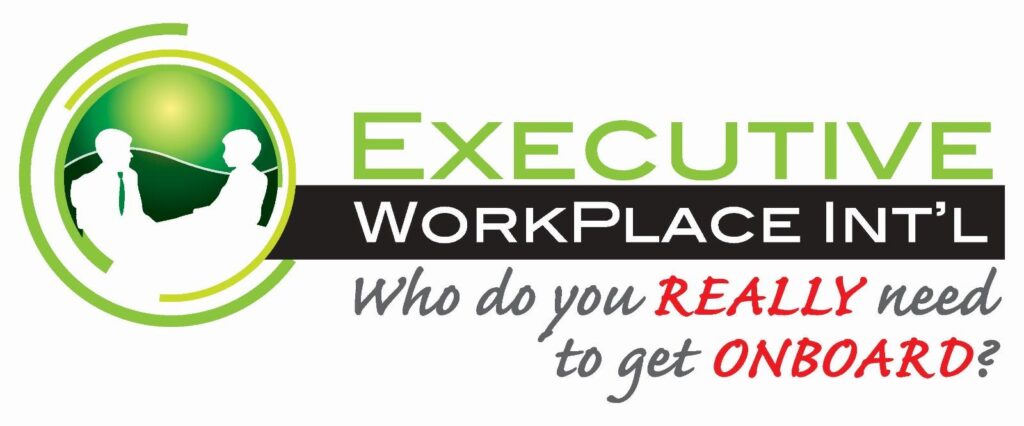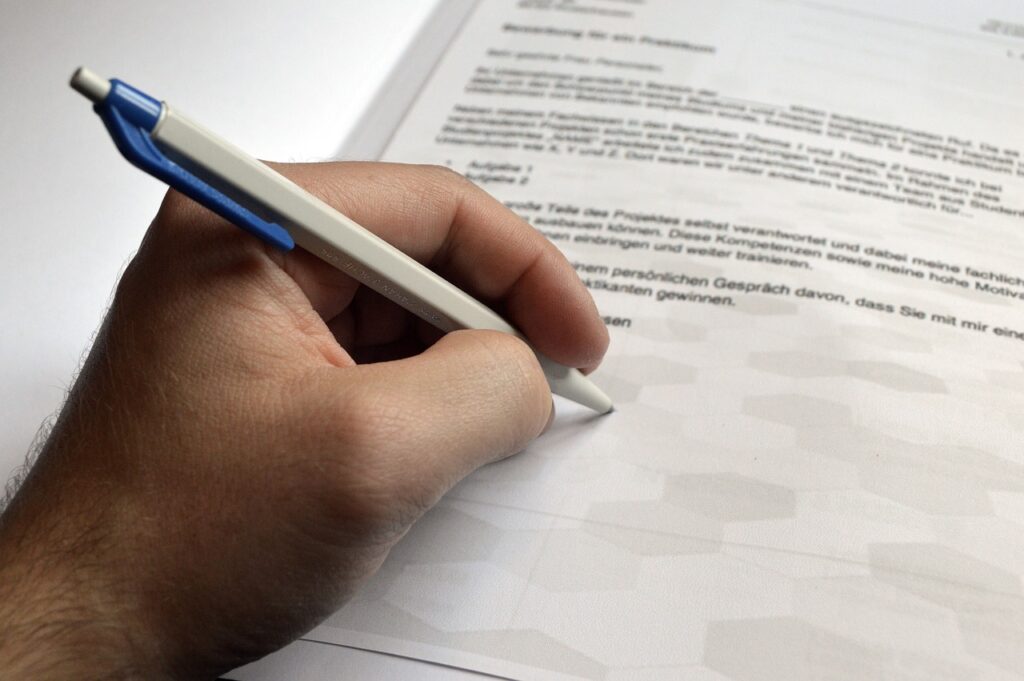A cover letter is a key component of any job application, providing you with the opportunity to introduce yourself, explain your interest in the position, and highlight how your skills align with the employer’s needs. This guide walks candidates through the process of writing an effective cover letter that leaves a positive impression.
1. Start with a Strong Opening
Your cover letter should begin with a professional greeting and an engaging opening that captures the reader’s attention:
- Address the hiring manager by name if possible (e.g., “Dear Ms. Johnson”). If you don’t know their name, use “Dear Hiring Manager.”
- In the opening sentence, express your enthusiasm for the job and mention the specific role you’re applying for. For example: “I am excited to apply for the Marketing Coordinator position at ABC Company.”
A compelling introduction sets the tone for the rest of the letter and shows your genuine interest in the opportunity.
2. Tailor the Cover Letter to the Job
Each cover letter should be customized to the specific job and company. Review the job description and company website to understand their needs, values, and goals. Incorporate this information into your cover letter by addressing how your skills and experience make you a perfect fit.
Example: “With over three years of experience in digital marketing and a proven track record of increasing engagement through social media campaigns, I am confident that I can contribute to your team’s success.”
3. Highlight Your Relevant Experience and Skills
The body of your cover letter should focus on the skills and experience that make you a strong candidate. Rather than repeating your resume, offer examples of your achievements and explain how they relate to the job:
- Use specific examples: Mention key projects or accomplishments that demonstrate your expertise. For instance, “In my previous role, I managed a content marketing strategy that boosted website traffic by 40% in six months.”
- Connect your skills to the job requirements: Show how your experience directly relates to what the employer is looking for. For example, if the role requires leadership skills, explain how you led a team or managed a project.
4. Show Enthusiasm for the Company
Employers want candidates who are genuinely interested in their organization. Demonstrate that you’ve done your homework by referencing something specific about the company, such as its mission, culture, or recent achievements. This shows that you’re not just applying to any job, but that you’re particularly excited about joining their team.
Example: “I admire ABC Company’s commitment to sustainability and innovation, and I would love to contribute to your ongoing efforts to reduce environmental impact through creative marketing strategies.”
5. Close with a Call to Action
In your closing paragraph, express your interest in moving forward with the interview process. Thank the hiring manager for their time and consideration, and indicate your willingness to discuss your qualifications further. You can also suggest a follow-up action, such as scheduling an interview.
Example: “I would welcome the opportunity to discuss how my skills and experiences align with your needs. Thank you for your time, and I look forward to hearing from you to arrange an interview.”
6. Keep It Concise
A cover letter should be no more than one page long. Keep your writing concise and focused, avoiding unnecessary details. Aim to make your points clearly and efficiently, while maintaining a professional tone throughout.
7. Format Professionally
Your cover letter should have a clean, professional format:
- Use standard business letter formatting: Include your contact information at the top, followed by the date, the employer’s contact information, and a formal salutation.
- Use a professional font like Arial or Times New Roman, and ensure the text is easy to read (typically 10-12 point font size).
- Align your text to the left and use standard margins (1 inch on all sides).
8. Proofread Carefully
Proofreading is essential to ensure your cover letter is free of errors. Typos or grammatical mistakes can leave a negative impression on employers. Carefully review your letter and consider asking a friend or mentor to check it as well.
Conclusion
A well-crafted cover letter can set you apart from other candidates by showcasing your personality, enthusiasm, and suitability for the role. By tailoring your content, focusing on relevant skills, and maintaining a professional tone, you can create a cover letter that makes a strong impact and increases your chances of landing an interview.





